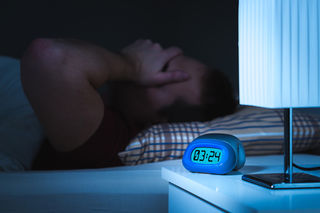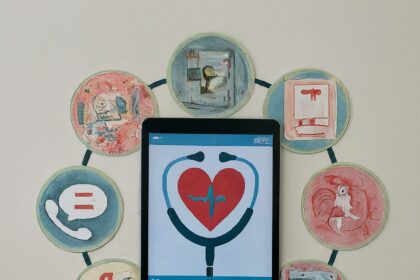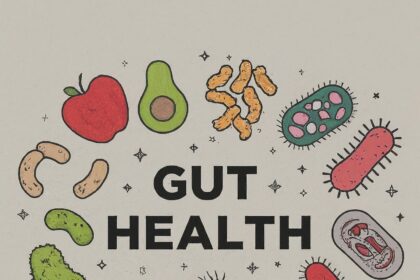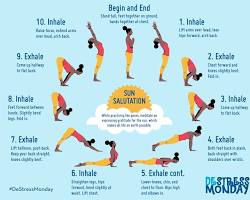We’ve all been there: curled up on the couch after a long day, reaching for comfort food like leftover pizza or ice cream. But what if you do this regularly? Studies suggest late-night eating, especially after 9 pm, might have unintended consequences for your health.
Our bodies naturally process nutrients during the day and conserve energy at night. Eating late throws off this rhythm, potentially leading to:



- Worse heartburn and acid reflux: Research shows dinner within 3 hours of bedtime can worsen these symptoms.
- Disrupted sleep: Studies suggest eating 1-3 hours before sleep can lead to poorer sleep quality.
- Weight gain and metabolic issues: Late-night eaters might be more likely to be overweight or have obesity, according to research. One study found those who ate 100+ calories within 2 hours of sleep were 80% more likely to be overweight or obese!
Why Late Eating Might Be Harder on Your Body:
A 2022 study shed light on this. Researchers controlled participants’ meals, exercise, and sleep, comparing early and late eating schedules. On the late schedule, participants felt hungrier, despite consuming the same calories, had lower leptin (fullness hormone) and higher ghrelin (hunger hormone) levels and burned fewer calories.
This suggests late eating potentially increases hunger, reduces calorie burning, and could contribute to weight gain.
Late-night carbs can cause bigger blood sugar spikes than daytime carbs. This is partly due to melatonin, a sleep hormone that dampens insulin (which regulates blood sugar) in the evening. Elevated blood sugar can damage blood vessels and increase the risk of high blood pressure and type 2 diabetes.
Experts recommend avoiding food 3-4 hours before bedtime for optimal health and improved sleep. This isn’t always practical, especially for shift workers. Dr. Scheer advises those who must eat late to:
- Prioritize meals between 7 am and 7 pm.
- Opt for smaller, nutritious snacks low in fat and added sugar, like yogurt with fruit, veggies with hummus, or whole-grain toast with almond butter.
Remember, some people, like those with low blood sugar or needing extra nutrition, might need to eat at night. Consult your doctor for personalized advice.
The Takeaway:
While occasional late-night snacks might not do major harm, making it a regular habit could negatively impact your health. By understanding the potential downsides and practicing mindful nighttime eating, you can prioritize your health and well-being while still enjoying life’s occasional late-night treat.
















